“She Could Be Wearing a Wig,” Princess Catherine’s New Appearance Caused a Stir

Narcissists usually give us clues. But what if we see these signs in our kids? Could parents be the main people responsible for raising new generations of narcissists? A study says that our upbringing affects our narcissism. That’s why we’ve created 8 parenting tips from psychologists to help you avoid having to deal with a narcissistic child.
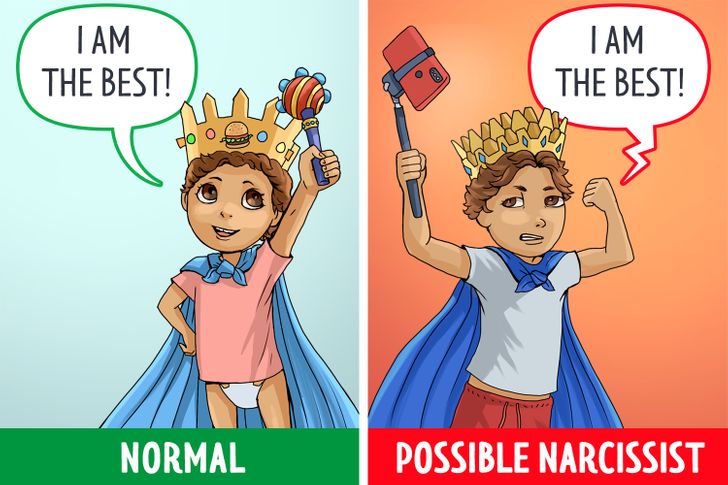
Narcissism and self-esteem are not the same. A person with self-esteem will not always put themselves first, even if it hurts others. As parents, we must help our children develop strong self-esteem.
Don’t worry if your 3-year-old has narcissistic behaviors. They’re still developing. If these behaviors continue or get worse with age, it’s a problem. These tips may help.
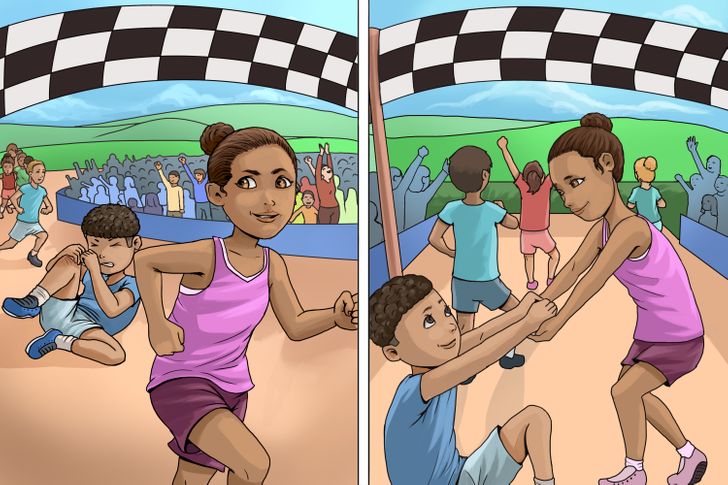
Narcissists only care about themselves. Your child needs to learn empathy. It’s good for kids to understand other people and feel compassion. You’re their first role model, so you have to set an example.
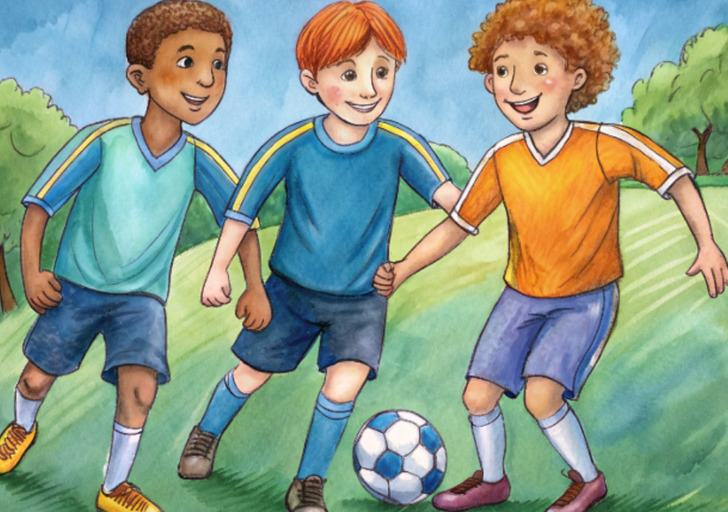
A hobby can help a child develop. Helping kids find a passion, like a sport or art, gets them excited and helps them make friends.
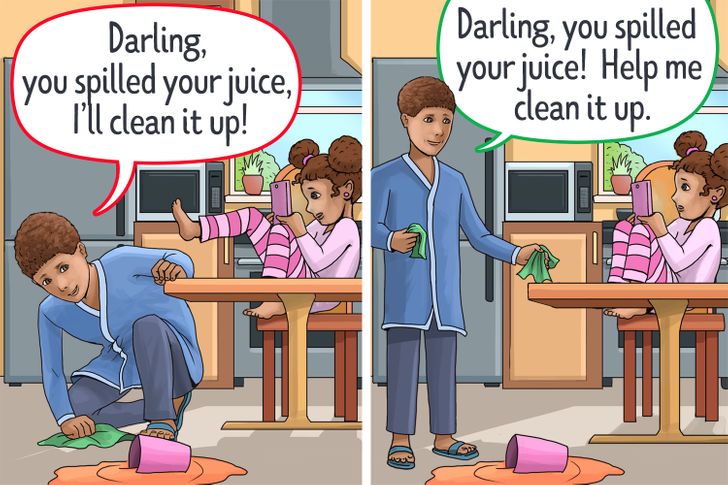
Narcissists don’t take responsibility for their actions or the consequences. Teaching your children from their mistakes can help them take responsibility for their actions.
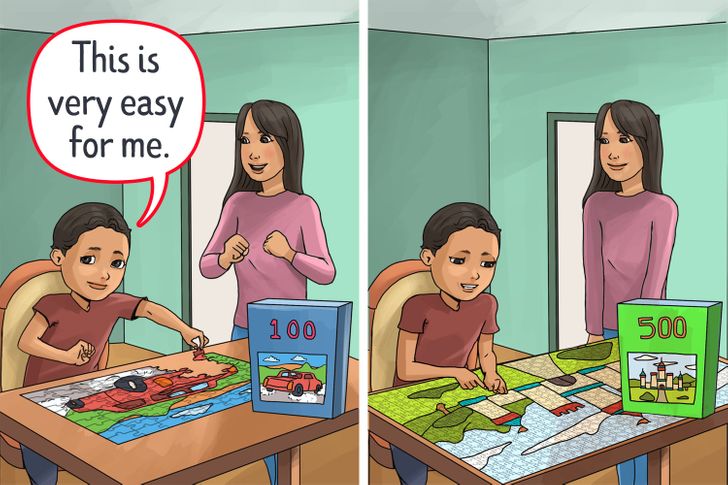
A narcissist thinks they’re better than others, but they need others to recognize it. To stop this in children, give them new challenges. This will help them understand that they can’t do everything and that they don’t know everything.

Having a narcissistic parent can increase the risk of the child developing narcissistic traits themselves later in life. Children of narcissists often learn unhealthy relationship patterns and coping mechanisms as a result of their upbringing. Without intervention, some may emulate their narcissistic parents, perpetuating a damaging cycle in future generations. Narcissistic parents model self-centered, exploitative behaviors, and fail to provide the empathy, validation, and secure attachment that children need to develop a healthy sense of self.
This can lead adult children to adopt narcissistic traits like grandiosity, entitlement, and a lack of empathy as a way to cope and gain a sense of control.

It’s normal for kids to want their parents’ approval. But there’s a big difference between saying a child is the prettiest and smartest in their class and saying they’re doing something right. Praise helps a child’s self-esteem, but too much can be bad.
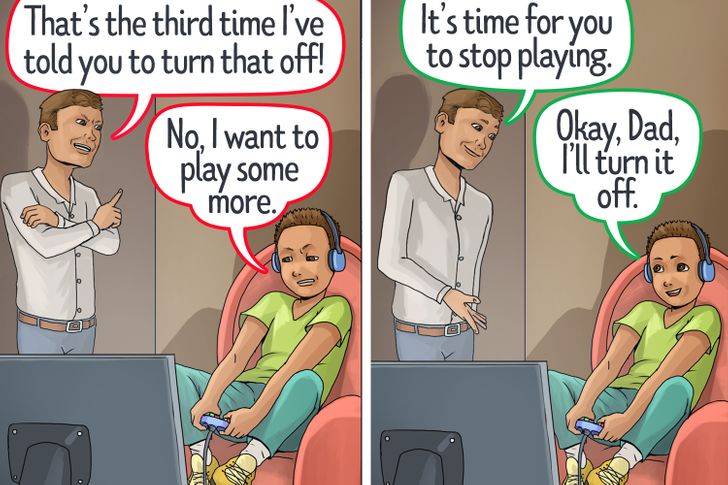
A narcissist always wants to do things their own way. Parents must know how to set limits without restricting their child’s freedom. Schedules for meals, breaks, and play help children feel secure. Limits help children mature and understand that they can’t always do what they want. This helps them develop patience.
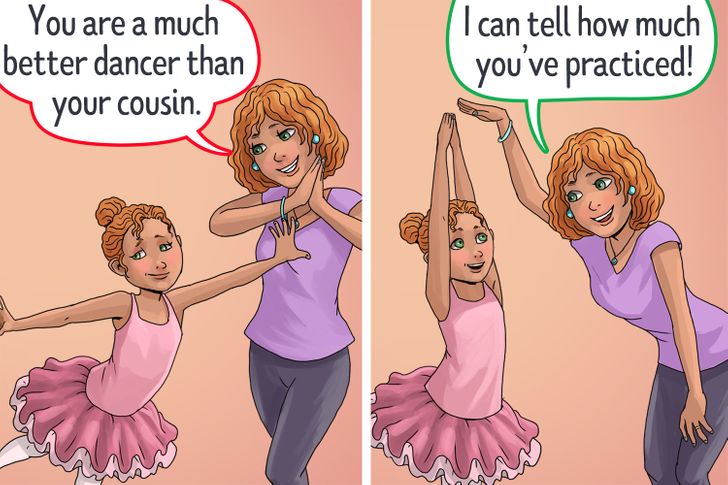
Narcissists need to feel superior. Our children need to learn that their value comes from their own efforts, not from the successes or failures of others. We shouldn’t compare our children with each other or with friends and relatives.


Avoid constantly telling your daughter or daughter they are “pretty” as this can reinforce the idea that their looks are most important. Instead, balance physical compliments with praise for their intelligence, creativity, and character. This helps build their self-worth beyond just appearance and prevents narcissism.
Does your relationship with your mother leave you feeling confused or drained? Our next article offers help. Find out how to recognize covert narcissistic traits and restore your emotional well-being.











